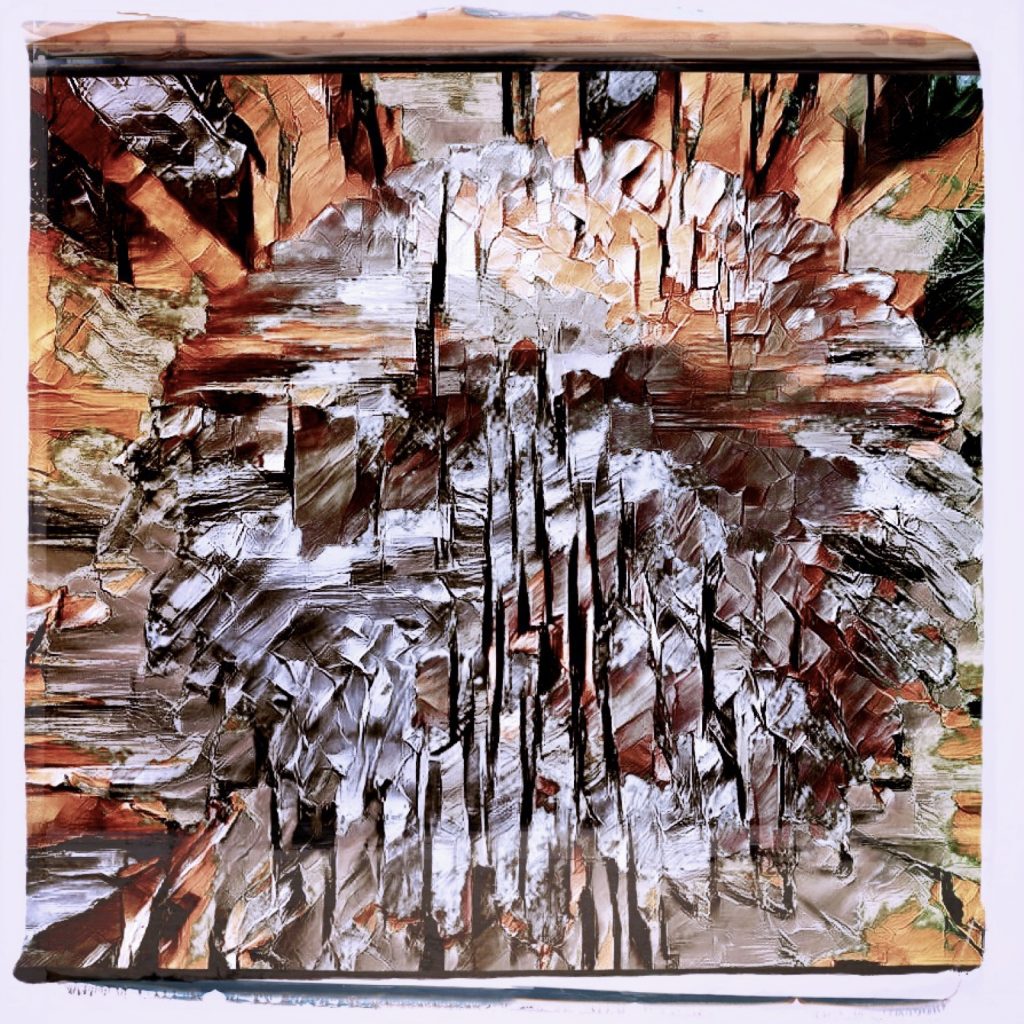
Artist Name: Gold Tea Title: Ataraxia Genre: Instrumental Rating:
Equipment
Mixing and mastering in Pro Tools, guitar and bass recording in Logic, drum programming in Fruity Loops, PRS Hollowbody II Guitar and Quested HQ210 Monitors.
Music
“Ataraxia” is an instrumental track composed by Dan Saul Joffe, Jared Bryant and Carlos R Tavares. Dan played the guitars and bass, and mixed and mastered the song at Tea Time Studios, South Africa. Drum programming was courtesy of Jared “Jizzo Beats” Bryant.
Reviewed By Dave Martin
This song raises some interesting questions. It was submitted as an alternative track, but to me, it falls more in the category of instrumental pop or smooth jazz. “Ataraxia” seems to be a composition that wouldn’t have been conceived in the era before loop-based recording (which has become quite common in the last 30-ish years).
A significant advantage of writing with loops or sequencers (this piece was created in Logic) is that musicians get to start playing much sooner in the creative process than if they have to wait for a composer to write the composition out, teach it to a group of musicians, or layer live takes by oneself.
A potential downside is that often, the resulting piece gets locked into those changes and ends up sounding repetitive. Additionally, constraints can be placed on the melody when the rhythm track gets created first.
The Composition
“Ataraxia” is based on a 4-measure loop, with a repeating bass part descending chromatically from E to C#. There’s a bit of ambiguity in the harmonic structure; usually, it sounds like the chords run E/B/D/A, while I get a feeling of E/Eb minor/C#—which can sound either major or minor as the tune progresses.
I like some things about this track quite a lot. The dynamic changes that differentiate between the different sections of the song, achieved through layered keyboard parts and the percussion programming, work very well. I also like the sound and placement of the bass notes, and the guitar tone played on a PRS hollowbody guitar.
My biggest issue with the recording is with the melody. I didn’t realize that it was the melody until the end of the track when nothing else appeared to take the place of interest in the tune. It’s more of a repeating lead line passage that while played, repeats with the looped sections.
I would also point out that the ambiguity in the final chord of the progression (the A or C#) is due primarily to the F note in the melody—an ambiguity that could have been resolved either by changing the accompanying chords or that F. It seemed to fight a bit at that point.
Suggestions
One of the great things about music is that what moves you doesn’t have to impact others in the same way. Personally, I like having a bit more interesting melody in the instrumental music I listen to, but others prefer more of a relaxing, groovy vibe—which this absolutely is.
Since “Ataraxi” is a nice sounding, well-produced track, I may simply have been misled by the style that was listed for this song—it doesn’t strike me as alternative.
However, it does sound quite similar to some of the library tracks I’ve looked through in the last few years. Music Libraries have vast collections of music of all styles that can be licensed for use in movies, television, documentaries, training films, corporate videos and commercials. In other words, any work that needs a music bed for underscoring purposes, where the budget (or production timeline) precludes recording original music for the project. I would suggest that Gold Tea might be well-served by submitting this piece to some companies that license those sorts of libraries.
Otherwise, I would simply counsel the artists to consider whether they should come up with a more complete melody or have the lead playing break out or take off a bit more.
Summary
A well-recorded, pleasing and relaxing track, but one that could be pushed a bit to be more adventurous, exciting and interesting from a musical perspective.
Dave Martin is a producer, engineer and bassist. Dave owned Nashville’s Java Jive Studio for close to 25 years. Dave has recorded, produced and/or played with symphony orchestras, rock and roll icons and country music legends ranging from the Old Crow Medicine Show, The Dead Pickers Society, Porter Wagoner, Robben Ford, Billy Cobham, The Box Tops, Carl Verheyen, Richie Faulkner (Judas Priest), Adrian Belew, Rick Nielsen (Cheap Trick), Eric Johnson, Robbie Fulks, Steve Vai, The Coasters and others. Dave is also a member of the Western Swing Hall of Fame.

